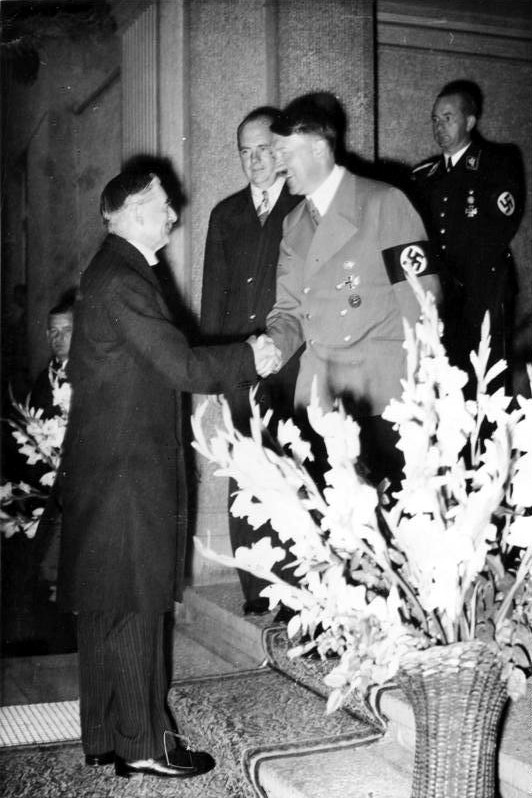IGCSE History is the most important subject to study
TL;DR
Studying IGCSE History makes you significantly more pleasant person to make discussions and relationships with. You can stop social networks from being amplifiers for idiots.
If you are studying IGCSE, study History regardless of what you plan to do with your future, thank me later.
A glimpse at IGCSE subject: History
Disclaimer: I studied IGCSE, followed by A levels, years ago. The information here might be dated, but the gist if it should still hold.
IGCSE is essentially a secondary/highschool program and examination by the University of Cambridge. There are a lot of different subjects to study, one of which is History.
In IGCSE History, on top of WW1, you get to choose which historic event(s) to dig deep into. I ended up studying WW1, WW2 and Cold War. I vaguely remember other topics you could study:
- China and Mao Tse-Tung (I somewhat wish I had kept my history book to study CCP history)
- Russia and Stalin (or was it Rasputin?)
The study focus is evaluating various sources of information gathered for you, then making a compelling argument for your statement or opinion.

Source: Wikipedia
For example, the question is "Did Hitler cause WW2?". By utilizing provided sources (ie. general media, such as news snippets, photographs and letters) and your knowledge of factual history, you create your own opinion. Your opinions needs justifications backed with facts and sources provided.
Depending on how you interpret the sources, interesting answers can arise, especially when the question demands subjectivity. Your claims can be in the grey area, as long as you make it clear why they are grey.
Side note: I blame majority on Britain - looking at you Chamberlain - and France.
What skills do you learn in IGCSE History?
These are the things I learnt (or became aware of) while studying IGCSE History:
- Understanding the context (surrounding political or economical events) behind various sources.
- Filtering out bias from sources.
- Constructing logic and arguments with evidence and facts (not emotions).
- Discovering and understanding all sides of the argument.
- Disagreeing and making constructive discussions with your peers (without being a cunt).
- Naturally accepting your mistakes or invalid statements with introduction of new information (and not shaming others when such happens to them)
Why is such skill set important in 2020?
In the past decade, I observed the following problems:
- Many people get trapped into reading hyper emotional journalism (usually makes them feel guilty). This usually makes them carried away in amplifying the message, without even an attempt to understand the other side of the story.
- Political media sources are inevitably biased in certain direction of their own. In my book, objective journalism cannot exist unless journalist's opinions can't sway the words even in the slightest.
- A lot of discussions (online and offline) end up being herded/dominated by vocal people trapped in echo chamber. This naturally leads to other information bias problems.
- Adults seem to just hate accepting the fact that they are wrong. Adults also seem to shame others a lot for being wrong.
All IGCSE History skills stated above will help you combat these problems.
If you studied IGCSE history,
- You know that nothing is black and white once it matters enough for you to care.
- You know that the winners of wars got to paint the event in their taste and add subjectivity to the 'facts'. You know that this still remains true.
- You set your emotions aside when you read anything on the internet.
- You naturally seek all sides of the information and conclude your opinion of your own.
IGCSE History makes you a real adult.
Gift for you for reading this far
Here are some of other titles I thought of for this post:
- Study history to reduce number of dumbfucks on Twitter.
- Prevent yourself from becoming cancer of the internet.